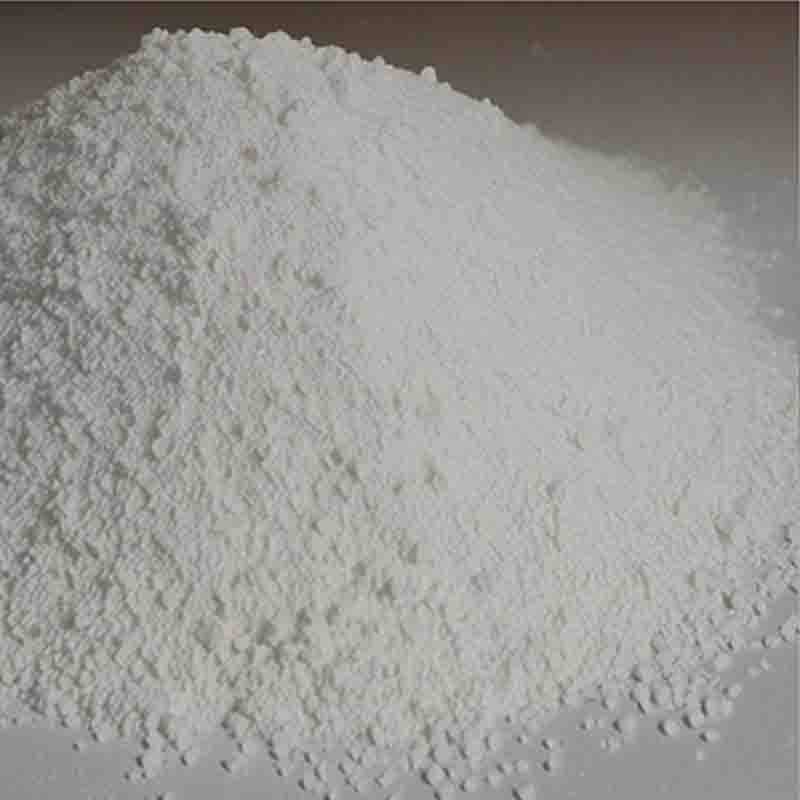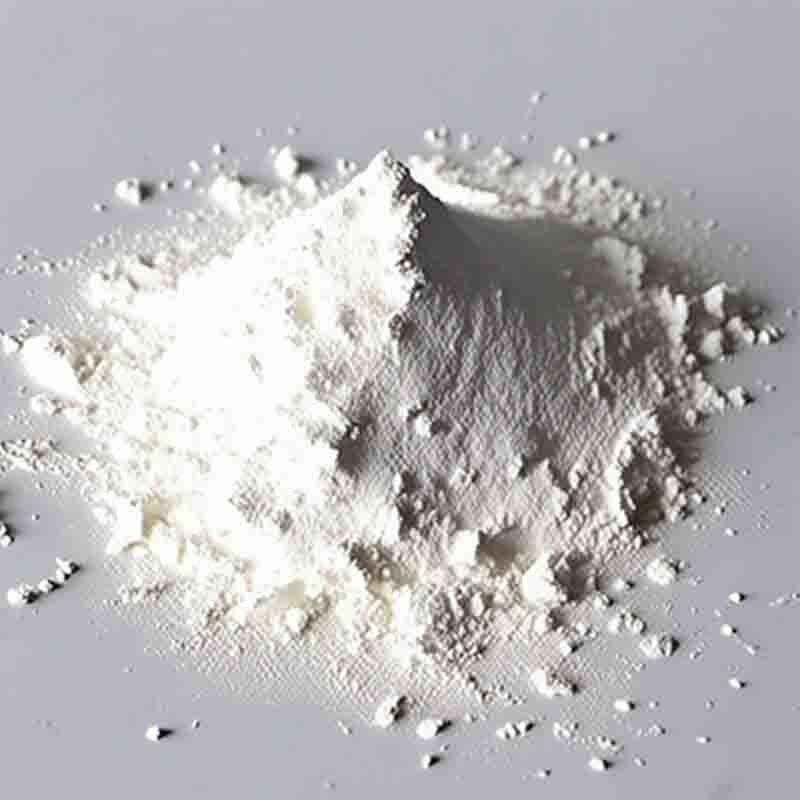AcetylChloride CAS: 517-23-7
| Catalog Number | XD94607 |
| Product Name | AcetylChloride |
| CAS | 517-23-7 |
| Molecular Formula | C6H8O3 |
| Molecular Weight | 128.13 |
| Storage Details | Ambient |
Product Specification
| Appearance | White powder |
| Assay | 99% min |
Acetyl chloride, also known as ethanoyl chloride, is a chemical compound that finds various applications in different industries. It is an acyl chloride with the chemical formula CH3COCl.
One of the main applications of acetyl chloride is in the pharmaceutical industry. It is used as a key intermediate in the synthesis of various pharmaceutical drugs. Acetyl chloride reacts with amines and alcohols to form acyl derivatives, which are important building blocks for the production of medications such as analgesics, antibiotics, and antihistamines.
Acetyl chloride is also utilized in the production of dyes and perfumes. It is used as a reagent in the acetylation of aromatic compounds, resulting in the formation of acetyl derivatives. These derivatives are often highly colored and contribute to the vibrant hues of dyes. Acetyl chloride is also used as a starting material for the synthesis of fragrance compounds, enhancing the scent of perfumes and colognes.
Furthermore, acetyl chloride is employed as a catalyst in certain chemical reactions. It can be used to promote the acylation of various compounds, facilitating the formation of desired products. Its reactivity and ability to selectively acylate specific functional groups make it an effective catalyst in organic synthesis.
Additionally, acetyl chloride finds application in the production of polymers and plastics. It can be used as a reagent in the acylation of monomers, resulting in the formation of acyl derivatives. These derivatives can then be polymerized to produce polymers with enhanced properties such as increased strength and durability. Acetyl chloride is particularly used in the production of cellulose acetate, a versatile polymer used in textiles, films, and coatings.
Moreover, acetyl chloride is utilized as a reagent in certain laboratory procedures. It can be used to convert carboxylic acids into their corresponding acyl chlorides, facilitating further reactions. Acetyl chloride is also used in the synthesis of various organic compounds and as a reagent for the detection of certain functional groups.
In summary, acetyl chloride is a versatile compound with applications in the pharmaceutical, dye and perfume, catalyst, polymer, and laboratory industries. Its reactivity and ability to acylate compounds make it valuable in various chemical processes, contributing to the production of a wide range of products.


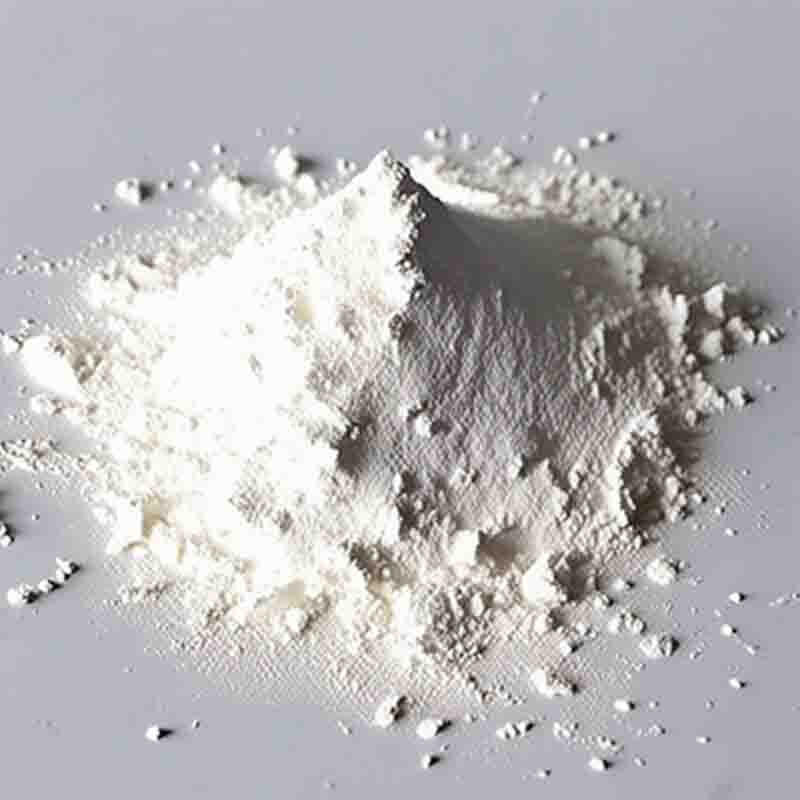

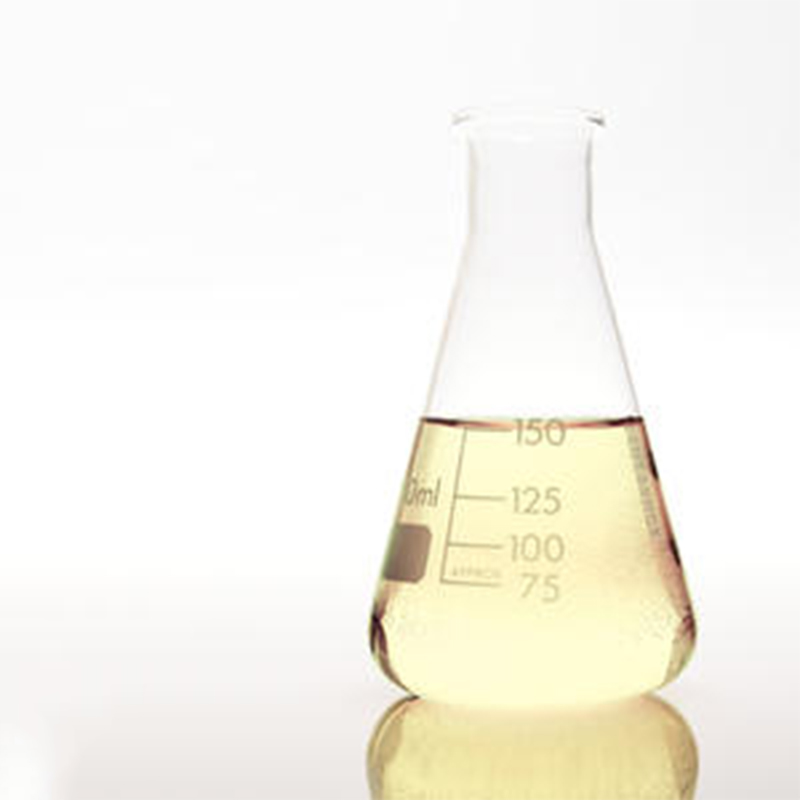
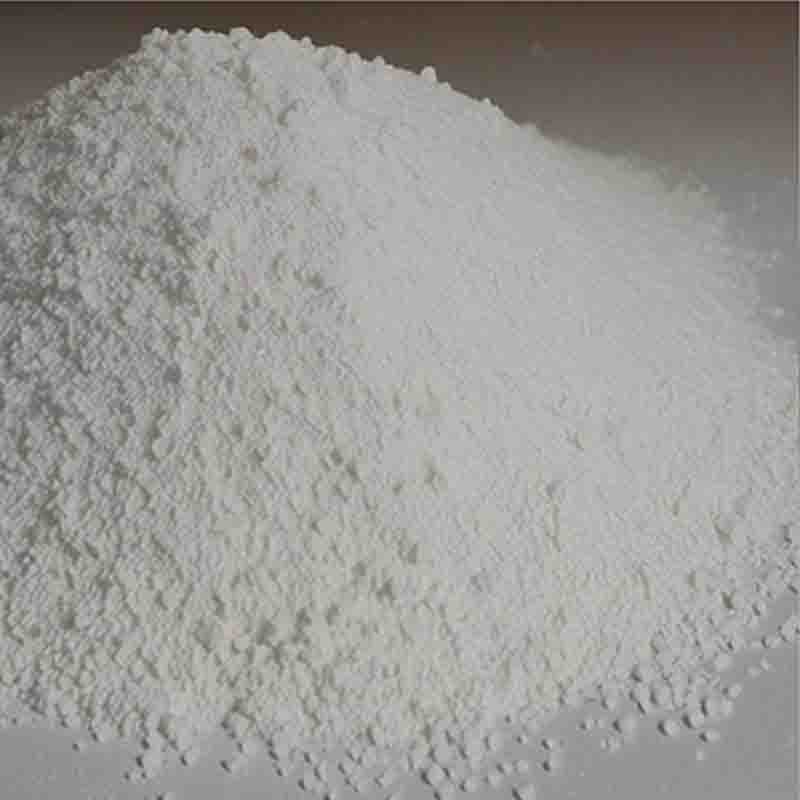
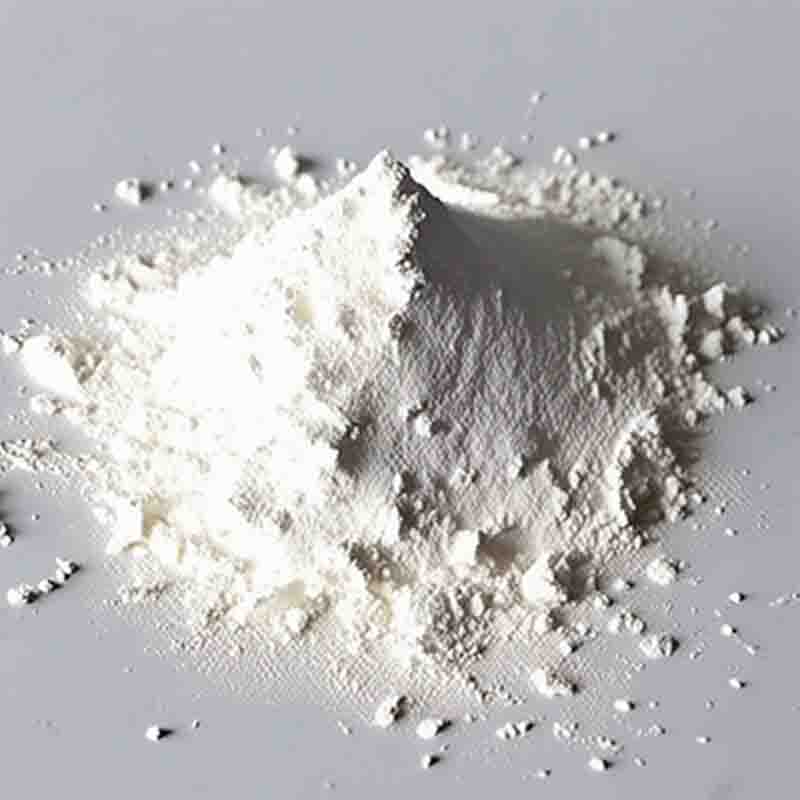
![DICHLORO[(R)-(+)-2,2'-BIS(DIPHENYLPHOSPHINO)-1,1'-BINAPHTHYL]RUTHENIUM (II) CAS: 134524-84-8](https://cdn.globalso.com/xdbiochems/白色粉末1552.jpg)
